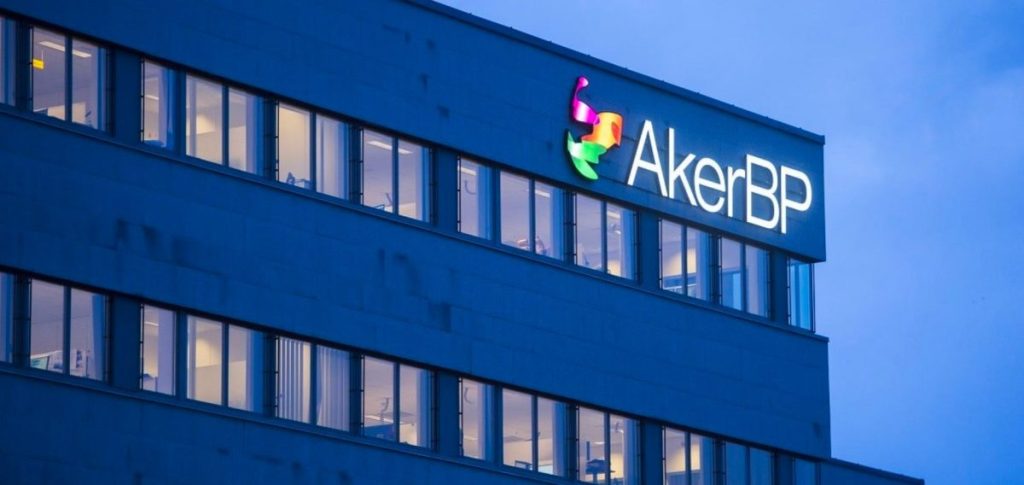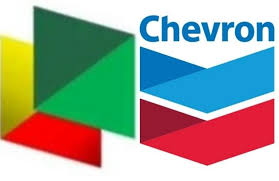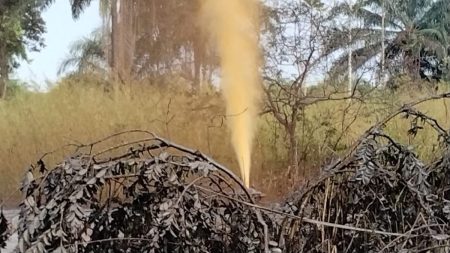 Oslo — Norwegian oil firm Aker BP and its partners will invest more than 200 billion crowns ($20.46 billion) in 2022 money to develop several oil and gas fields off Norway in the coming years, the company said on Friday.
Oslo — Norwegian oil firm Aker BP and its partners will invest more than 200 billion crowns ($20.46 billion) in 2022 money to develop several oil and gas fields off Norway in the coming years, the company said on Friday.
Aker BP and other oil firms working off Norway have rushed to submit new projects for approval by authorities to benefit from temporary tax benefits expiring this year.
Norway introduced these incentives in 2020 to support new investments in offshore developments as oil and gas prices dropped during the COVID-19 pandemic. Petroleum production is the Nordic country’s top export industry.
Aker BP, partly owned by BP, is the second-largest petroleum producer off Norway after Equinor.
The projects aim to develop a total of 1.1 billion barrels of oil equivalent (boe) in recoverable petroleum resources, with net 730 million boe of these to Aker BP, at a break-even price of $35-40 per boe, it said.
Its largest project, Yggdrasil, formerly called NOAKA, aims to develop a group of oil and gas discoveries between the Oseberg and Alvheim fields in the North Sea, with estimated recoverable resources of 650 million boe.
Total investments in that project, which also includes the Munin field, formerly called Krafla, stand at 115 billion crowns, with production expected to start in 2028.
Equinor is currently Munin’s operator but will hand it over to Aker BP, while maintaining its 50% stake in the field.
Yggdrasil is central to Aker BP’s ambition to increase its oil and gas production to 525,000 barrels of oil equivalent per day (boepd) in 2028 from just over 400,000 boed today. Norway’s total petroleum production averages 4 million boed.
The plans also include the installation of a new production and drilling platform at the Valhall field, and developing the Fenris gas discovery, formerly called King Lear, for 50 billion crowns.
Aker BP and partners also plan to develop a number of smaller subsea fields tied-back to production facilities at its Skarv and Edvard Grieg fields for 37.6 billion crowns.
Reporting by Nerijus Adomaitis, editing by Gwladys Fouche – Reuters
Follow us on twitter



